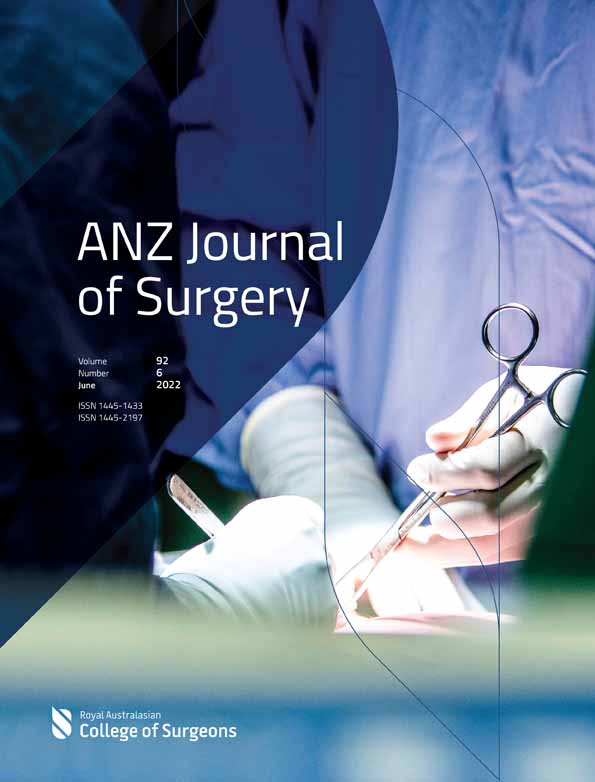Can the alcohol withdrawal scale be applied to post-operative patients?
Abstract
Backgrounds
Assessment scales are commonly used to diagnose and treat alcohol withdrawal syndrome (AWS) in acute hospitals, although they have only been validated for use in detoxification facilities. There is a significant overlap between the symptoms and signs of AWS and other clinical presentations, including systemic inflammatory response syndrome (SIRS) and the physiological response to surgery. This may lead to both over-diagnosis and inappropriate treatment of AWS. This study sought to determine the false-positive rate for the commonly used Clinical Institute Withdrawal Assessment for Alcohol–Revised (CIWA-Ar) among post-operative patients.
Methods
This was a prospective study of patients undergoing major abdominal surgery at University Hospital Geelong. Patients were recruited who were NOT at risk of alcohol dependency (using the World Health Organisation Alcohol Use Disorders Identification Test). Patients were assessed for AWS using the CIWA-Ar day one post-operatively with a false positive measured as a CIWA-Ar > 7.
Results
A total of 67 patients were included in the study. There were 31 (46%) men and 36 women. Their median age was 52 years (range 27–85). Thirty-six (52%) of patients underwent elective procedures, and 32 were emergencies. Twelve of the 67 patients (18%) had CIWA-Ar scores >seven.
Conclusion
In the early post-operative period, the CIWA-Ar tool over-diagnoses AWS in 18% of patients. These false-positives could lead to delayed treatment of serious underlying conditions. We call for caution in the use of alcohol withdrawal scales in the acute hospital setting.
Conflict of interest
None declared




